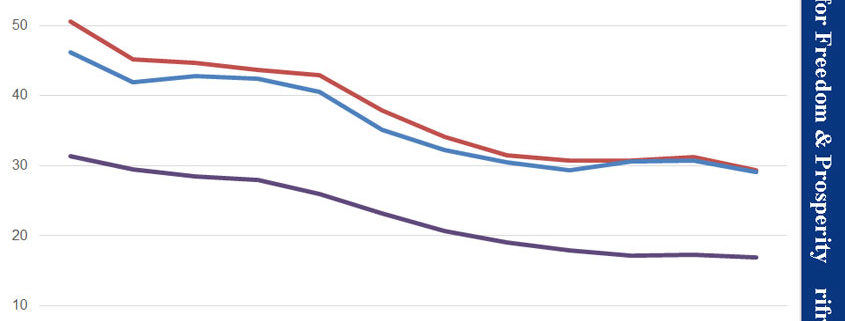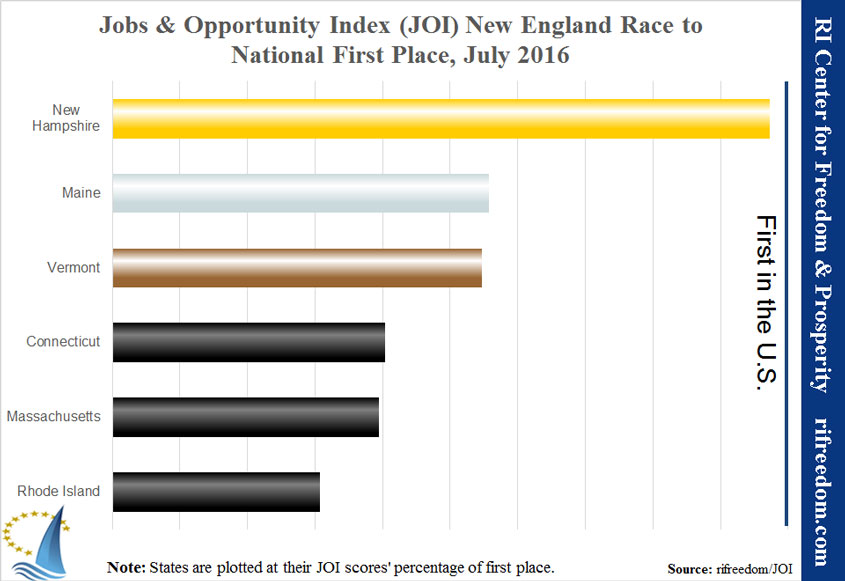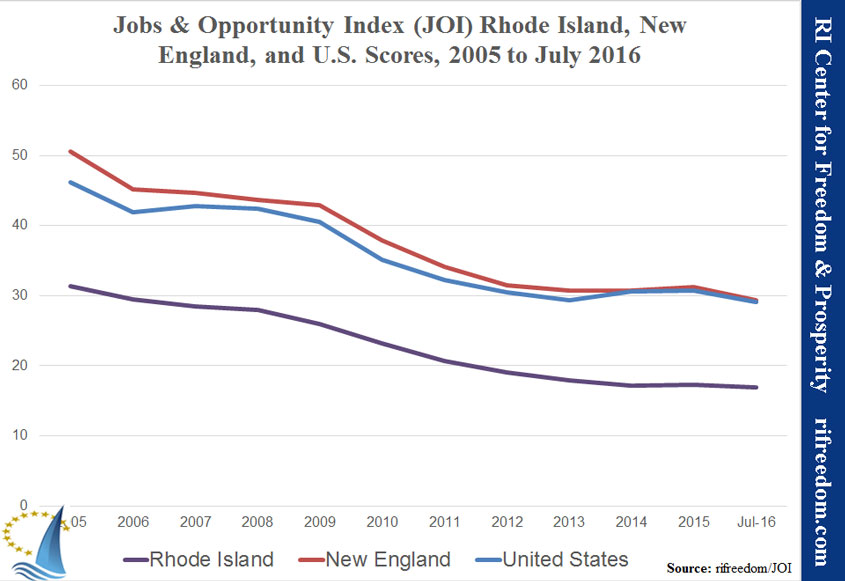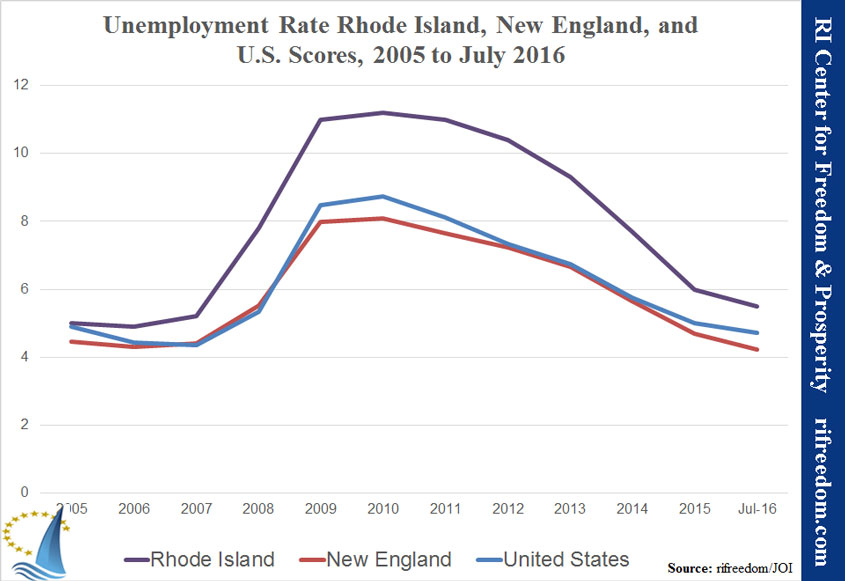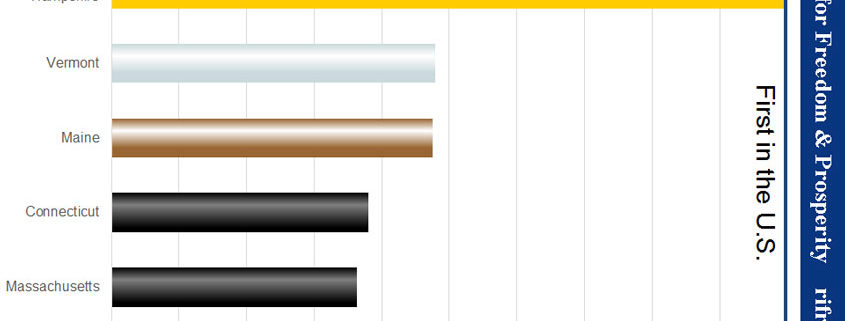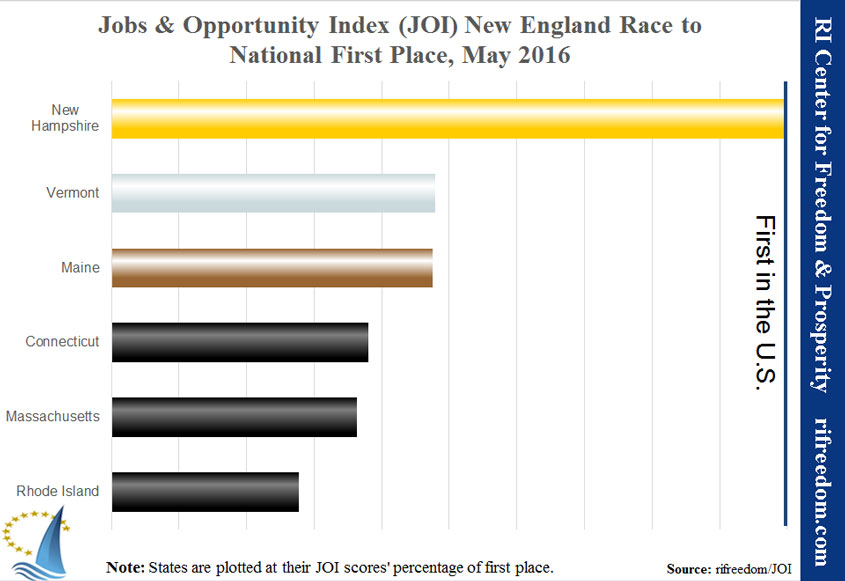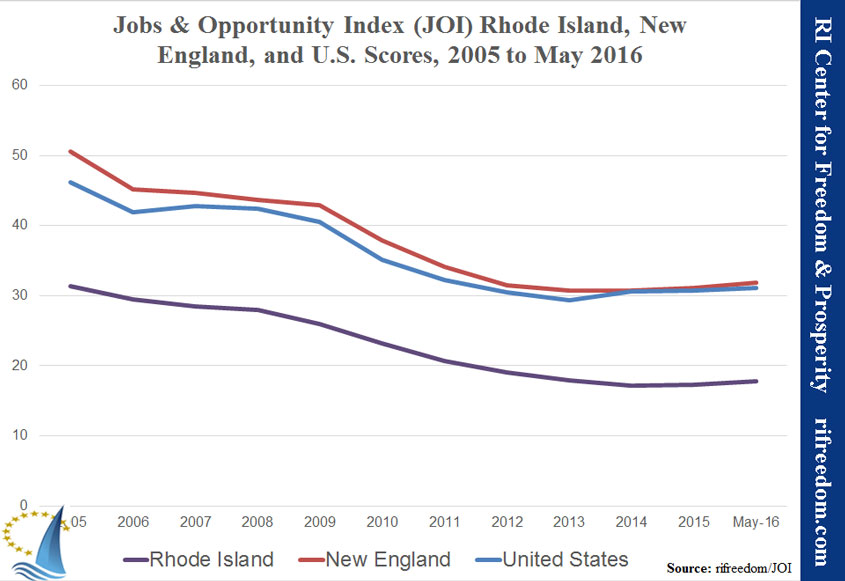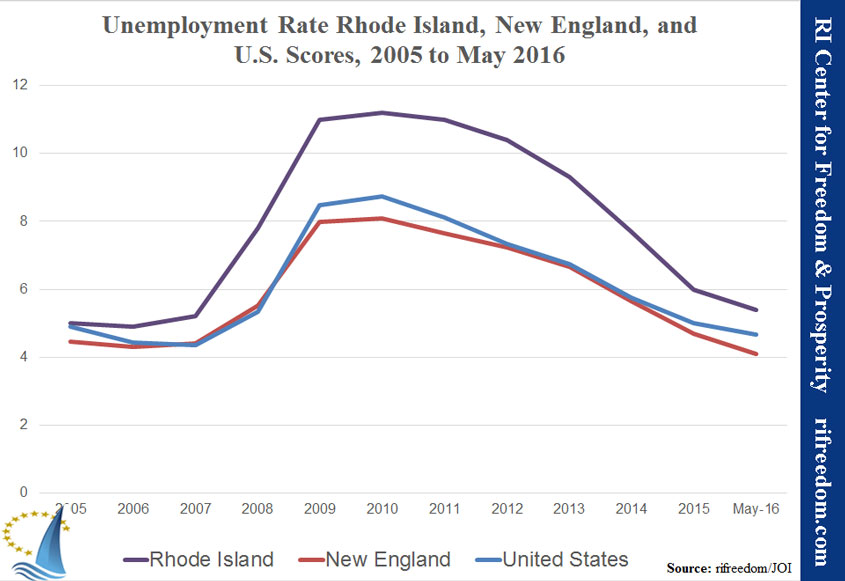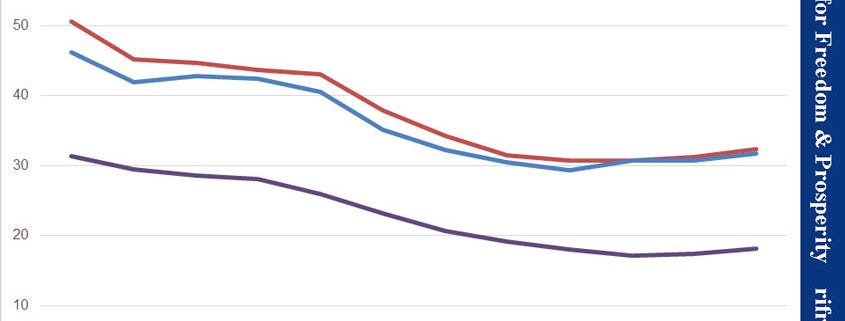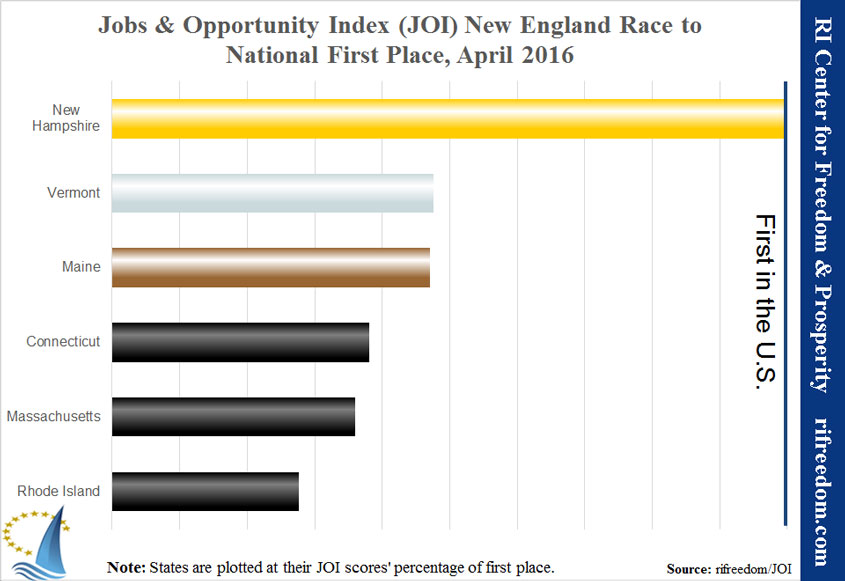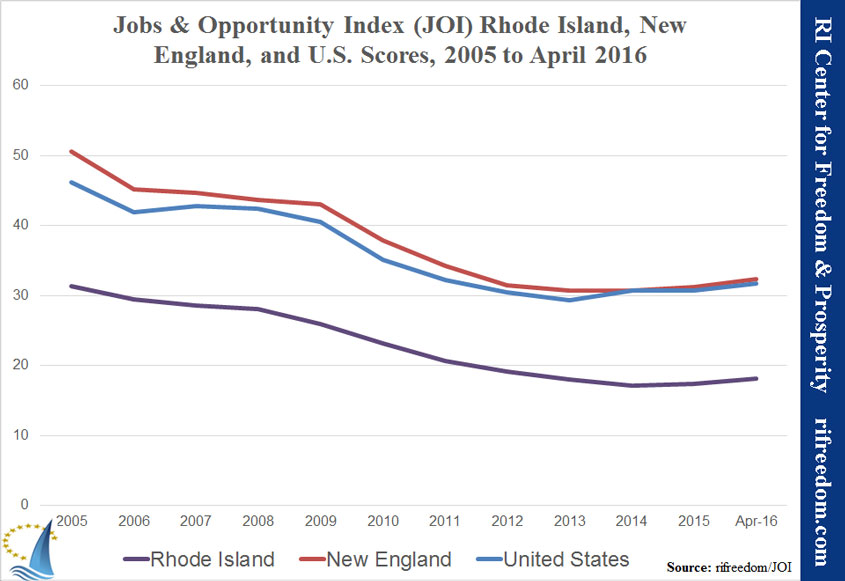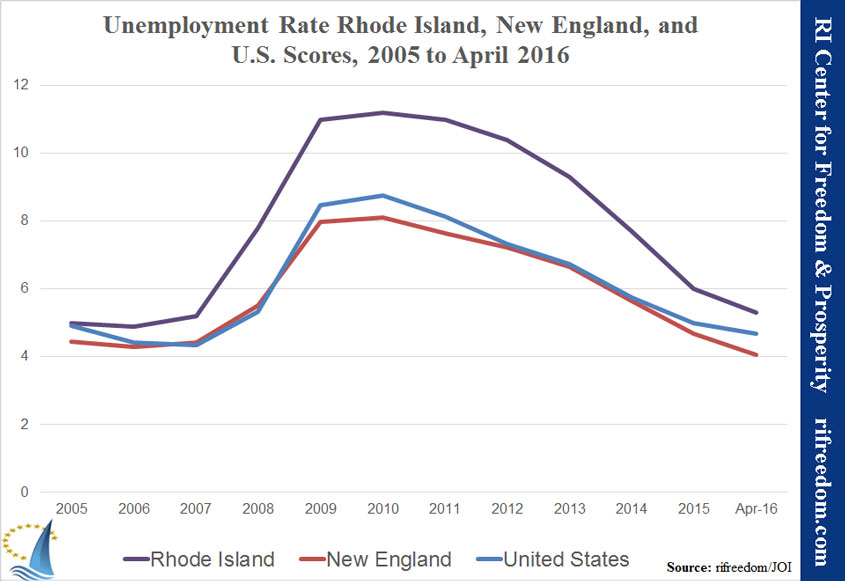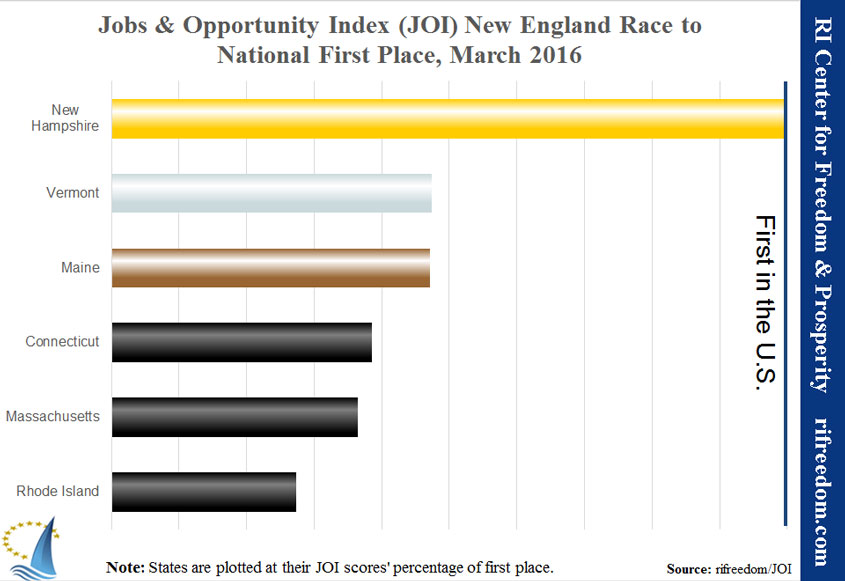Center & Representative Nunes Call for Pension Fund Protection
FOR IMMEDIATE RELEASE: October 17, 2016
Political Correctness Should be Banned as Investment Criteria
Providence, RI — The RI Center for Freedom & Prosperity recommends legislative action to end to the cronyism and overt politics that has caused instability to the retirement-security of public employees and that has exposed taxpayers to further risk. The mismanagement of Rhode Island’s public employee pension fund reached new lows last month when the State announced it was changing its strategy yet again, this time to divest of its “hedge fund” investments.
“Enough of the political correctness and insider cronyism. We call on lawmakers to act now to ensure that sound fiscal guidelines are adhered to,” suggested Mike Stenhouse, CEO for the Center. “The mismanagement and dismal performance of the state pension fund, under General Treasurers Raimondo and Magaziner, could have been avoided if sound investment practices were followed.”
Representative Jared Nunes (D-Dist. 25, Coventry West Warwick) has already expressed interest in submitting related legislation: “In order to protect retirees and taxpayers, it is vital that sound investment strategies are undertaken. Some kind of pension-fund protection act is clearly in order.”
Initial research indicates that a number of states have implemented, or are currently considering, provisions that require specific fiduciary guidelines to making pension fund investment decisions. A Pew Charitable Trusts report to the Committee on Alabama Public Pensions indicates that National Association of State Retirement Administrators (NASRA), suggests that pension fund trustees should adhere to “a robust fiduciary standard” in the execution of their duties, and supports the action of setting strong fiduciary standards into law so that the paramount goal of investment strategies should be the financial security of pension assets.
In recent years, conversely, Rhode Island policy has put retirees and taxpayers at increased exposure, because political correctness appears to have been the primary motivation of making certain investment decisions:
- Treasurer Raimondo announced a divestment strategy in 2013 from high performing “gun” related investments … for political reasons. (In a similar move the City of Providence divested from eight fossil fuel companies.)
- Treasurer Raimondo divested in 2014 from the states highest performing hedge fund, Dan Loeb’s Third Point LLC … caving to political pressure from teachers unions
- Instead Treasurer Raimondo invested in other high-fee hedge funds … some of which were associated with her former investment company
- Treasurer Magaziner announced in early 2016 that state’s proxy votes would be used to influence investment vendors to diversify their boards … to meet an arbitrary politically-correct standard
- Treasurer Magaziner announced last month a “back to basics” investment strategy to divest of most hedge fund investments … bowing to political pressure from third-party critics
In order to protect the security and stability of state retirement funds, Riley suggests that legislation should include the following goals:
- Ensure that all investment decisions are made solely in the best interest of the beneficiaries.
- Limit considerations for investment vehicles to measurable economic or fiscal factors only
- Ban other non-fiscal considerations, except in the most extreme instances (ie, Iran based companies)
- Ensure that investment fees and costs are reasonable in relation to the assets of the retirement system



